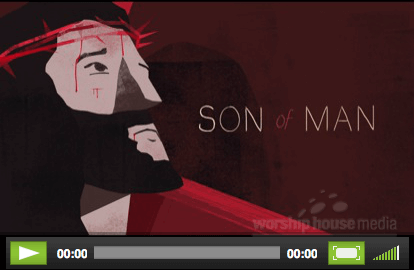Let Scripture Speak for Itself

A while back I visited a church in my area (I love sitting in on other churches to observe and learn). The pastor was a great preacher.
His sermon was engaging, clear, and spot on. However, I walked away feeling a little uneasy.
This may be a personal preference. I am not saying the way he preached is wrong. In fact, I enjoyed his message. For me, however, it just reinforced something in me that I have been feeling for a while.
What was it?
He preached the story of David and Goliath. He preached it like many pastors do. Rather than reading verse after verse of scripture, he told the entire story in his own words.
As most of us would do in a summary, he took some artistic license to add additional emotion, details, and other speculations. Throughout the telling of the story, he read a key verse here and a key verse there to support the story and make a point.
So what?
Why not just read the story and let the Bible speak for itself?
I know I have summarized many Bible stories before, and sometimes it is completely necessary when you don’t have enough time to read the entire thing. However, when the main passage of scripture for your message is the story, why do we feel like we have to tell it in our own words?
Do we think somehow that we can say it better than God did?
Do we think that the Bible is too boring, so we need to add dramatic details?
My fear is that if we do not stay close to the text, we may mislead people. We can distort the true intent of the passage into however we spin the story. We can get some of the facts wrong.
For example, the pastor I listened to told a few parts of the story in the wrong order. Although it may not be a huge error, people in the audience who don’t know the story well get the wrong impression of the order of events.
My fear is that we are unintentionally communicating the wrong things to our audience:
- The Bible is confusing, so you need a pastor to explain it to you in better words.
- The Bible is boring, so you need someone to spice it up.
- Reading the entire Bible is not important, all you need are the cliff notes.
- Reading the entire context of scripture is not important. A good verse here and there is all you need to know.
- The details don’t matter. All you need is a general understanding.
If I am completely off base, please let me know what you think.
I am not saying that summarizing a story is wrong. I am not saying the every environment requires a detailed verse by verse recital of a story (such as in children’s ministry).
Sometimes it is better to summarize a few chapters of a long story to get to the section you are preaching. Sometimes it is necessary to summarize a Bible story as supporting material to the topic of your sermon. I get that.
What I am trying to say is this: When you are preaching a story in the Bible as the primary text of your sermon, why not just read the story as God had it written, and explain or illustrate as necessary along the way?
Instead of telling them what we think the Bible says, why not show them exactly what it says?
Can any of us really tell the story better than the Bible?
Let scripture speak for itself.





I agree with you, Brandon. Some take it a step further and never even open a bible during the entire sermon. Great observation, though. Thanks.
I don’t really see the point of merely summarising the Biblical text – surely I can read it for myself. Isn’t the point of preaching is drawing out the meaning of the text.